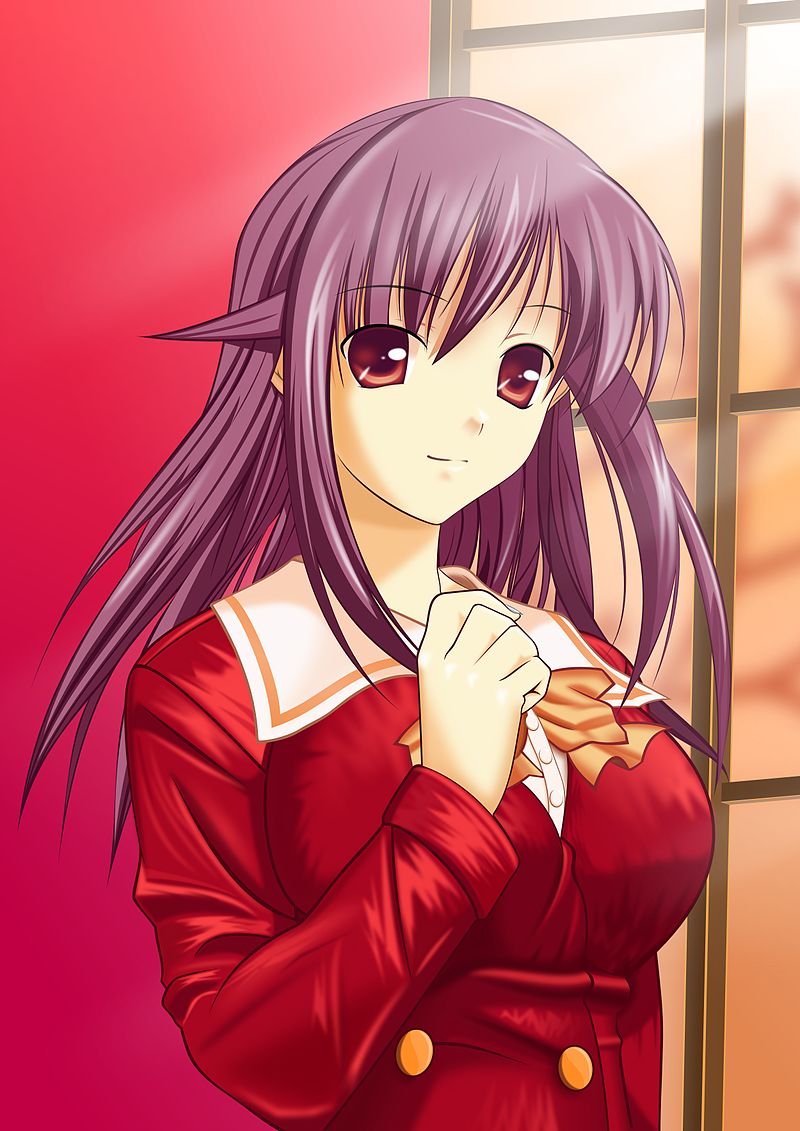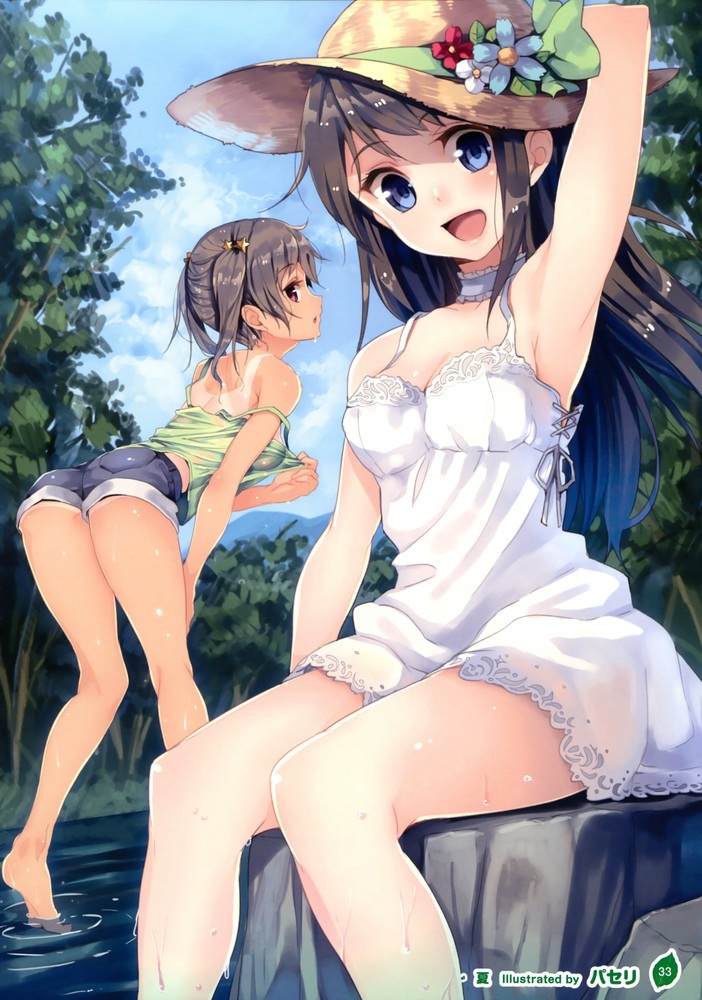ニュース What is a Bishoujo girl?. トピックに関する記事 – What is the meaning of Bishoujo

beautiful girl
In Japanese popular culture, a bishōjo (美少女, lit. "beautiful girl"), also romanized as bishojo or bishoujo, is a cute girl character.Bishoujo Statue is a product line by Kotobukiya, where the sculptures are based on illustrations drawn by famous Japanese artist Shunya Yamashita.Bishōnen characters are fairly common in shōjo manga and anime. Many of the male characters show subtle signs of the bishōnen style, such as slender eyes or a feminine face. Some manga are completely drawn in the bishōnen style, such as Saint Seiya.

What is a female otakuThere are specific terms for different types of otaku, including fujoshi (腐女子, lit. "rotten girl(s)"), a self-mockingly pejorative Japanese term for female fans of yaoi, which focuses on homosexual male relationships. Reki-jo are female otaku who are interested in Japanese history.
What is the opposite of bishoujo
Otome game. A genre which literally means "maiden game", they are games which are aimed at female players and feature mainly heterosexual relationships. They are sometimes called "reverse harem" or GxB games because the genders of the protagonist and the romanceable characters are the opposite of bishōjo games.Beautiful boys (Bishonen) are generally designed to pull in a younger female audience. Their cute, sweet, or even bratty nature is appealing to girls who are not yet sure that they "like-like" boys yet, as it resembles what they are already familiar with by hanging around girls.
Is there sexism in anime
According to scholars and commentators, Japanese manga and anime are rife with sexist themes.

In Japan, societal perceptions of Otaku have been multifaceted and subject to change over time. In the early years, society often stereotyped Otaku as an introverted and obsessive individual. During those times, an Otaku was someone who preferred the fantasy world of anime and manga over real-world interactions.
Does otaku mean nerd
Otaku is a Japanese slang word roughly meaning “geek” or “nerd,” and though it has been imported into English-speaking cultures, it still maintains these Japanese connections.When a visual novel presents mainly male characters who interact with a female avatar, it is called an otome game. This type of VN is the opposite of bishoujo game or galge (for girl game) in which the characters are mainly female and interact with a male avatar.Most of why men are attracted to sexy legs is because it can allude to evolutionary biology. The strong outlook and shapely figure of the legs are an indicator of individual fitness, physical ability, and strength, so men prefer them so much.

Flirting generates positivity and is great for well-being. It allows a person to show interest through small gestures and enables the other to decide if they want to reciprocate. Flirting can be a sign of friendship or entertainment. It can be a way to bond and the first step in getting to know someone.
How much of anime is sexualizedAccording to Flip Guide, a publication centering around Japanese culture, “There is an estimation that 30%-40% of anime and manga have sexual themes and that a lot of it includes underage characters.”
What makes someone an otakuIn Japan, the word can be most closely equated to the English word “geek,” but the meaning is not as simple as that. Otaku is also defined in Japan as a word that defines a person who has obsessive interests, and can apply to a wide variety of topics, including anime, manga, cosplay, collectibles and more.
Is the otaku positive or negative
Usage. In modern Japanese slang, the term otaku is mostly equivalent to "geek" or "nerd" (both in the broad sense; a technological geek would be a gijutsu otaku (技術オタク) and an academic nerd would be a bunkakei otaku (文化系オタク) or gariben (ガリ勉)), but in a more derogatory manner than used in the West.

otaku
In modern Japanese slang, the term otaku is mostly equivalent to "geek" or "nerd" (both in the broad sense; a technological geek would be a gijutsu otaku (技術オタク) and an academic nerd would be a bunkakei otaku (文化系オタク) or gariben (ガリ勉)), but in a more derogatory manner than used in the West.otaku (in Japan) is a young person who is obsessed with computers or particular aspects of popular culture to the detriment of their social skills. So yes you can also be otaku because it doesn't matter which gender you are , If you love anime and you are obsessed with it you are an otaku.Otome (乙女) is the Japanese word for "maiden" and originally referred to a maiden-like fashion and lifestyle with a focus on traditional girl's hobbies. However, the usage of the term fell out of favor in Japan once it started to be associated with otaku culture in the latter half of the 90s.
